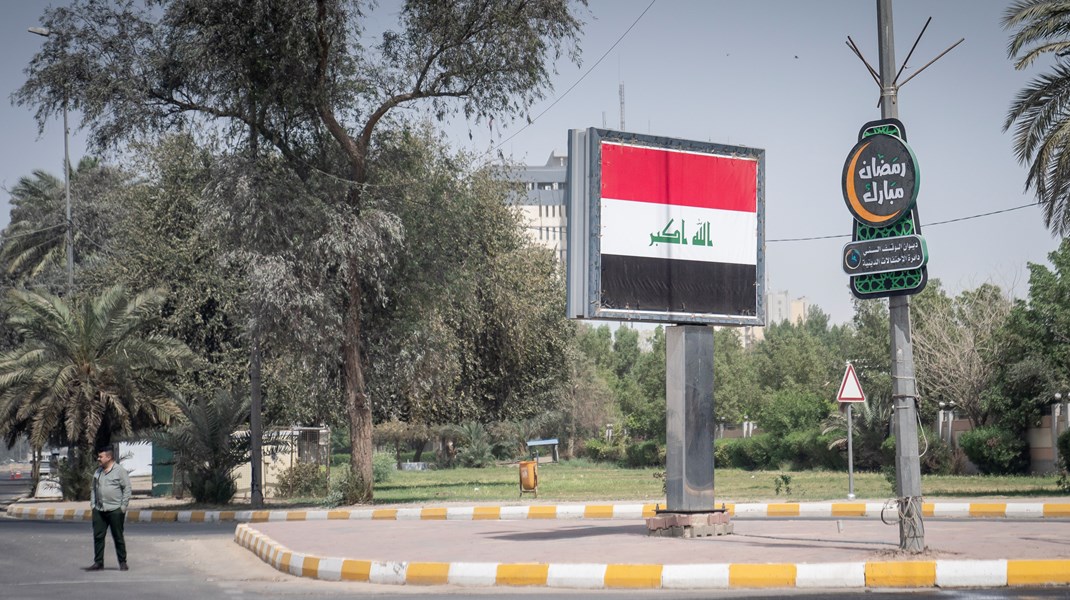About 25,000 people displaced by ongoing hostilities in Libya
Highlights
• Heavy impact on the civilian population, as sustained fighting continues in and around Tripoli.
Displacement is now at the highest level since the crisis started
• UNHCR transferred vulnerable migrants and refugees from Abusliem detention centre in the conflict area. The humanitarian community maintains efforts to ensure safe passage for civilians and medical supplies and services
25,000 people internally displaced by ongoing hostilities
54 civilian casualties confirmed, including 14 civilian deaths
6,000 people assisted with some form of humanitarian assistance since onset of crisis
$190m current funding gap against the 2019 HRP
Situation Overview
Armed clashes, heavy artillery and airstrikes continued in multiple locations, including residential areas, in and around Tripoli. On 16 April late night shelling in various neighbourhoods of Tripoli, including Abusliem, Souq Jumaa and Hadbaa among others, killed six people, including four women, and wounded about 20, according to reliable but as yet unconfirmed sources.
If confirmed the number of civilian casualties verified since the start of hostilities is 80, including 20 killed.
The current reporting period marked the highest single-day increase in displacement, with more than 4,500 people newly displaced, bringing the total of IDPs to 25,000. Many civilians trapped in conflict areas face a dilemma of not knowing whether to remain in their homes or leave because of the uncertainty of clashes and shelling. This dilemma is further exacerbated because the supply of food and other essentials is running low in some neighborhoods.
The current conflict is set against a backdrop of vulnerability due to several years of conflict, socio-economic crisis and deficiencies in public services which has already left at least 820,000 people, including some 250,000 children, in dire need of humanitarian assistance.


